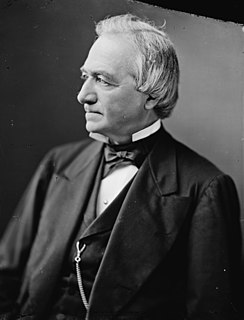A Quote by John Kenneth Galbraith
No society ever seems to have succumbed to boredom. Man has developed an obvious capacity for surviving the pompous reiteration of the commonplace.
Related Quotes
It is difficult to believe that even idiots ever succumbed to such transparent contradictions, to such gaudy processions of mere counter-words, to so vast and obvious a nonsensicalitysentence after sentence that has no apparent meaning at all--stuff quite as bad as the worst bosh of Warren Gamaliel Harding.
For the amoral herd that fears boredom above all else, everything becomes entertainment. Sex and sport, politics and the arts are transformed into entertainment. ... Nothing is immune from the demand that boredom be relieved (but without personal involvement, for mass society is a spectator society).
Educational exchange can turn nations into people, contributing as no other form of communication can to the humanizing of international relations. Man's capacity for decent behavior seems to vary directly with his perception of others as individual humans with human motives and feelings, whereas his capacity for barbarism seems related to his perception of an adversary in abstract terms, as the embodiment, that is, of some evil design or ideology.
What would be better, that people build big houses thinking that they'll make capital gains or that they send their children to medical school and they do research on curing diseases? When you put it that way, it seems obvious. There has developed a sense of personal worth that's tied to one's house.





































